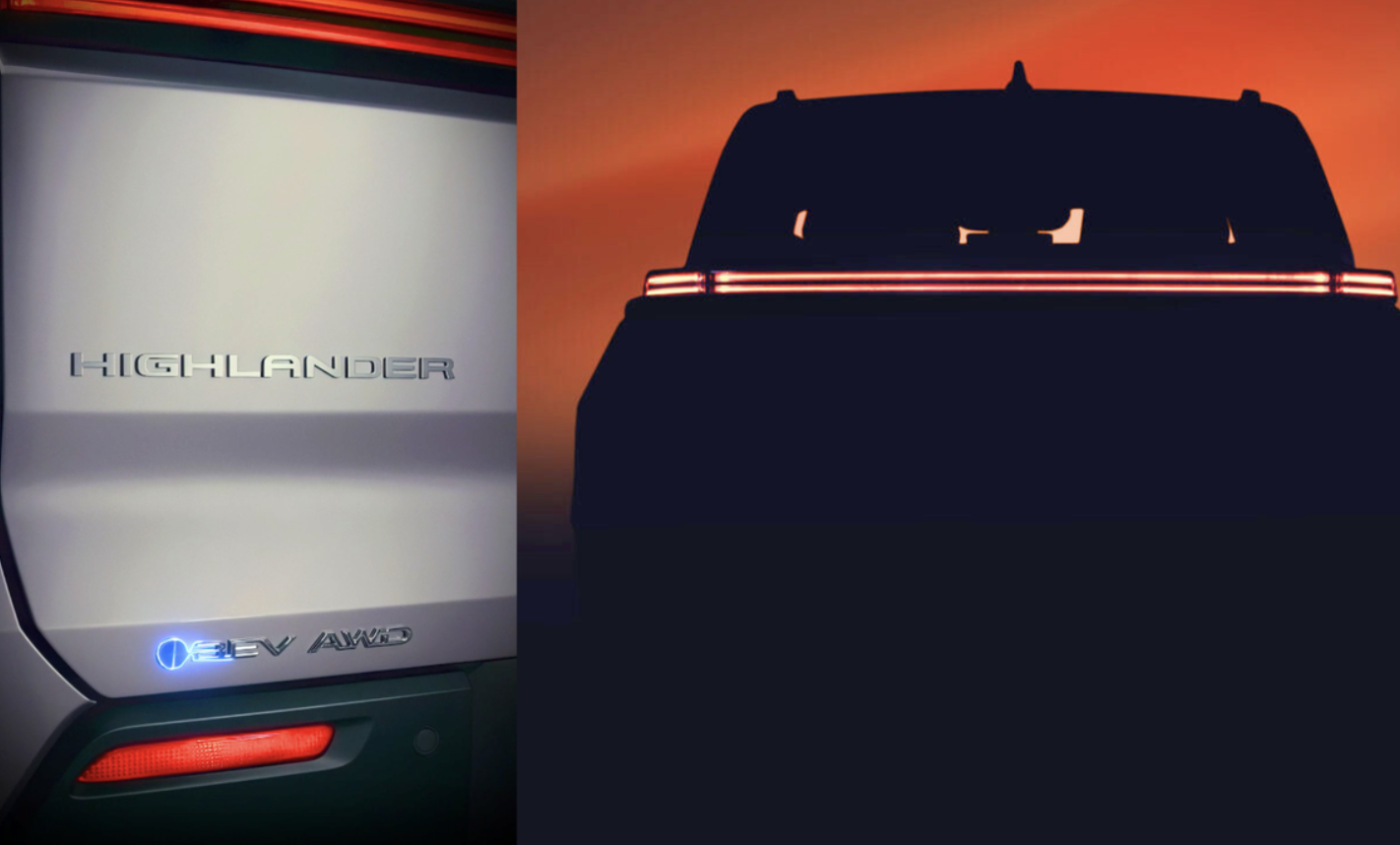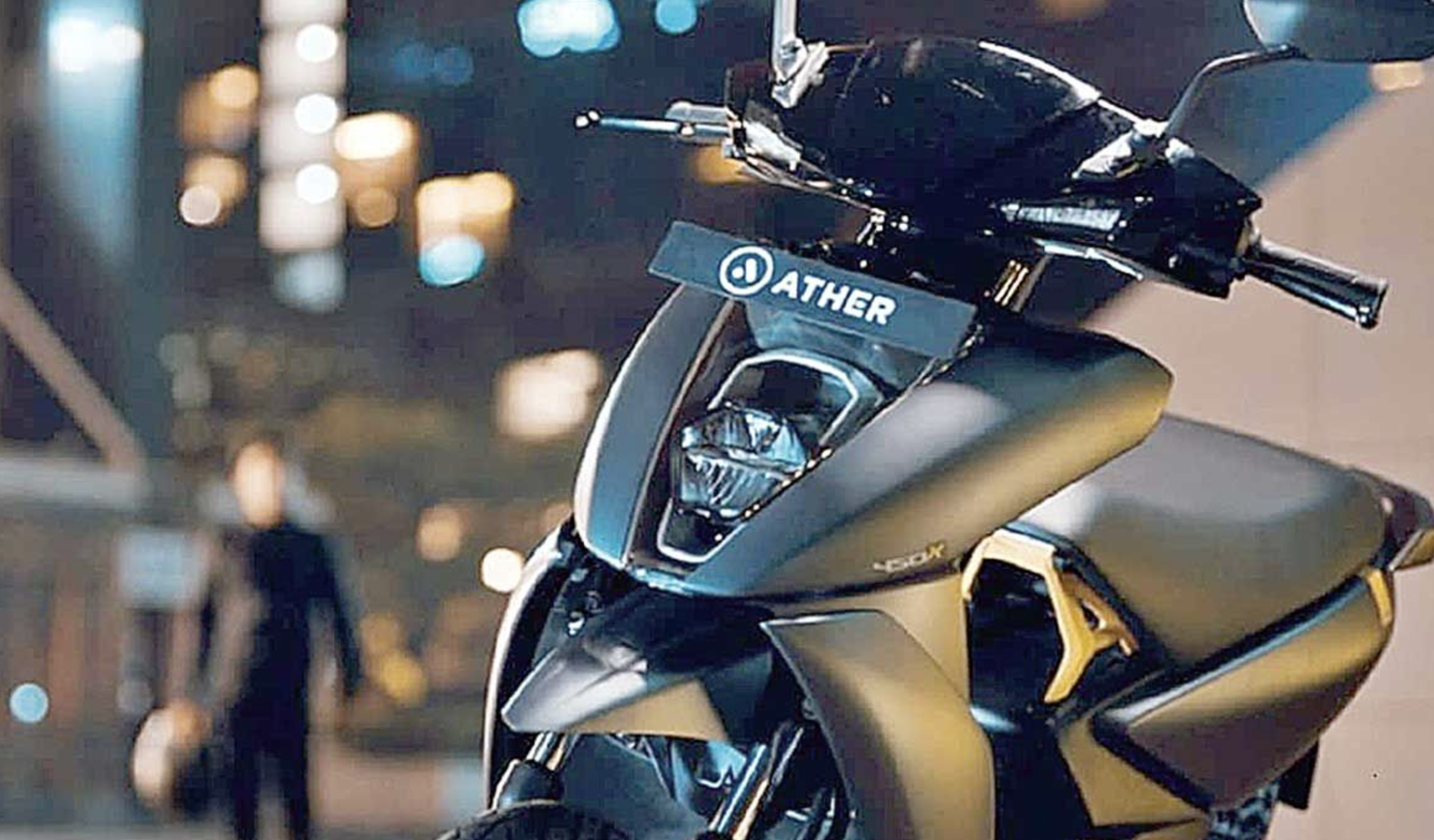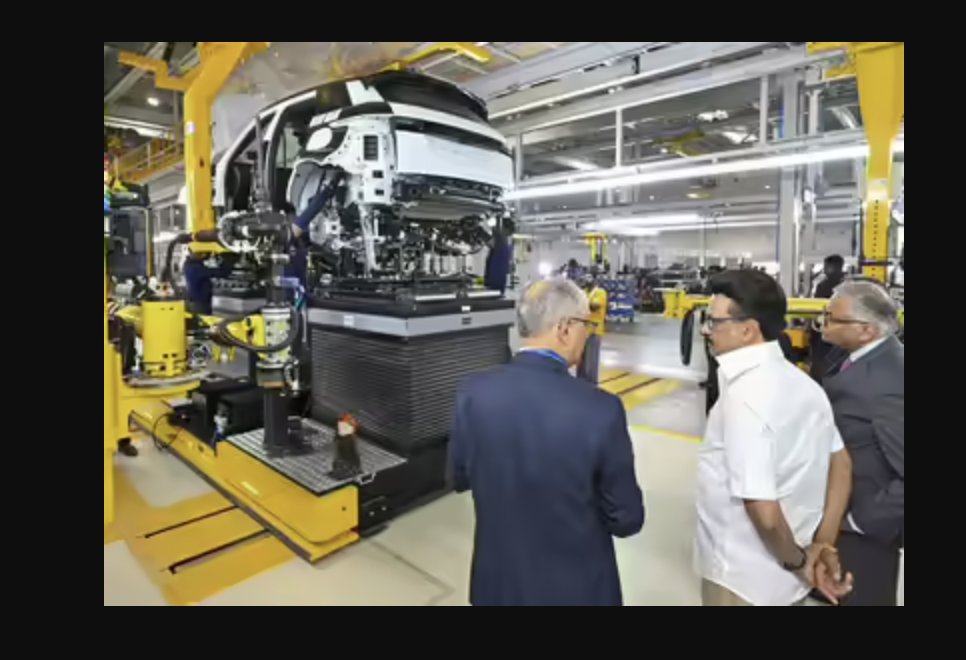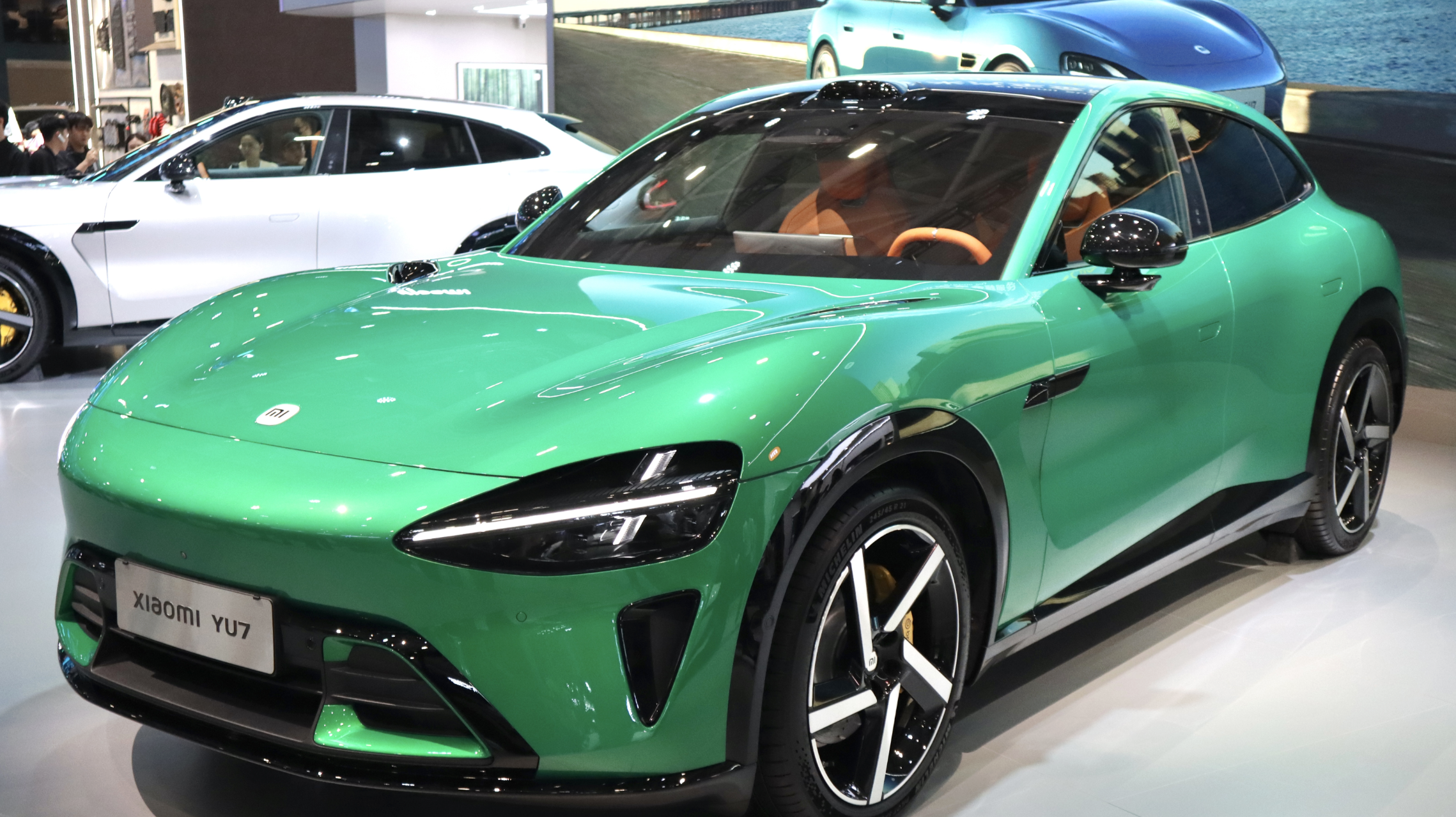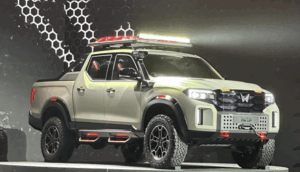India is set to reduce import tariffs on electric vehicles (EVs), rejecting pleas from domestic automakers to delay cuts until 2029, according to sources cited by Reuters. The decision comes as New Delhi prioritizes a trade agreement with the United States, even as local manufacturers fear increased foreign competition.
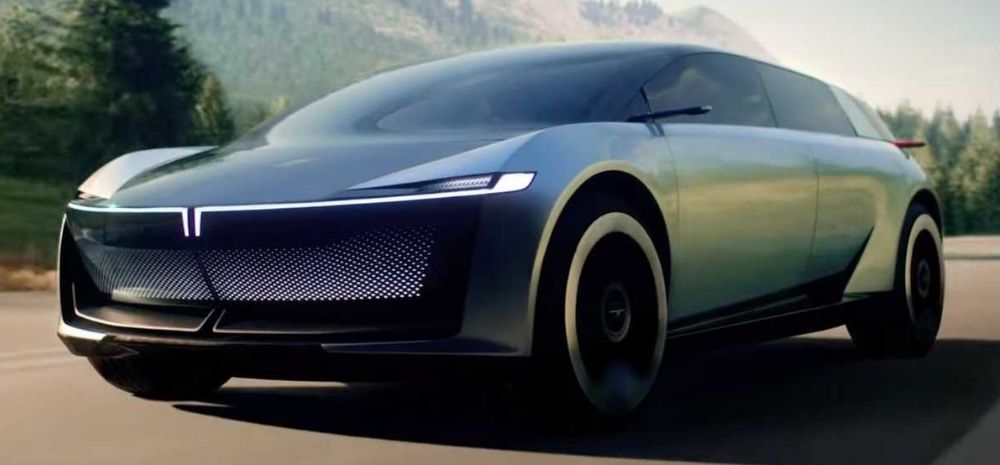
Government’s Move to Lower EV Tariffs
Currently, India’s import duty on EVs stands at up to 100%, but the government is planning a significant reduction as part of its bilateral trade deal with the U.S.. Officials indicate that the auto sector will be among the first areas to see tariff cuts.
A senior government official stated:
“We have protected the auto industry for far too long. We will have to open it up.”
However, the exact reduction size remains undisclosed as negotiations with Washington are ongoing.
Winners and Losers: Tesla vs Indian Automakers
- Tesla Gains – The move is a victory for Tesla, which has finalized showrooms in Mumbai and New Delhi and aims to start selling imported models in India this year. Elon Musk has previously criticized India’s high import duties, with former U.S. President Donald Trump calling India a “tariff king.”
- Indian Automakers Lose – Tata Motors, Mahindra & Mahindra, and other local manufacturers have invested heavily in domestic EV production and lobbied against the duty cuts. They argue that early tariff reductions will harm their competitiveness before India’s EV manufacturing incentive program expires in 2029.
Implications for India’s EV Market and Trade Deals
- Pressure on Local EV Makers – India’s EV sales accounted for just 2.5% of total car sales (4.3 million units) in 2024. The government aims to push this to 30% by 2030, but local manufacturers fear that allowing cheaper imports will slow domestic growth.
- Concerns Over EU and UK Trade Talks – Automakers worry that the U.S. trade deal could set a precedent for similar tariff reductions with Europe and Britain, leading to greater competition in the Indian EV space.
- Internal Combustion Engine (ICE) Cars Could See Gradual Cuts – Carmakers are open to some duty cuts on gasoline models, followed by a phased reduction to 30%, but they want a more cautious approach for EVs due to their early-stage investments.
As India moves forward with tariff reductions, the auto industry is bracing for major shifts in market dynamics, with Tesla and other global EV players poised to gain a foothold in one of the world’s fastest-growing car markets.
